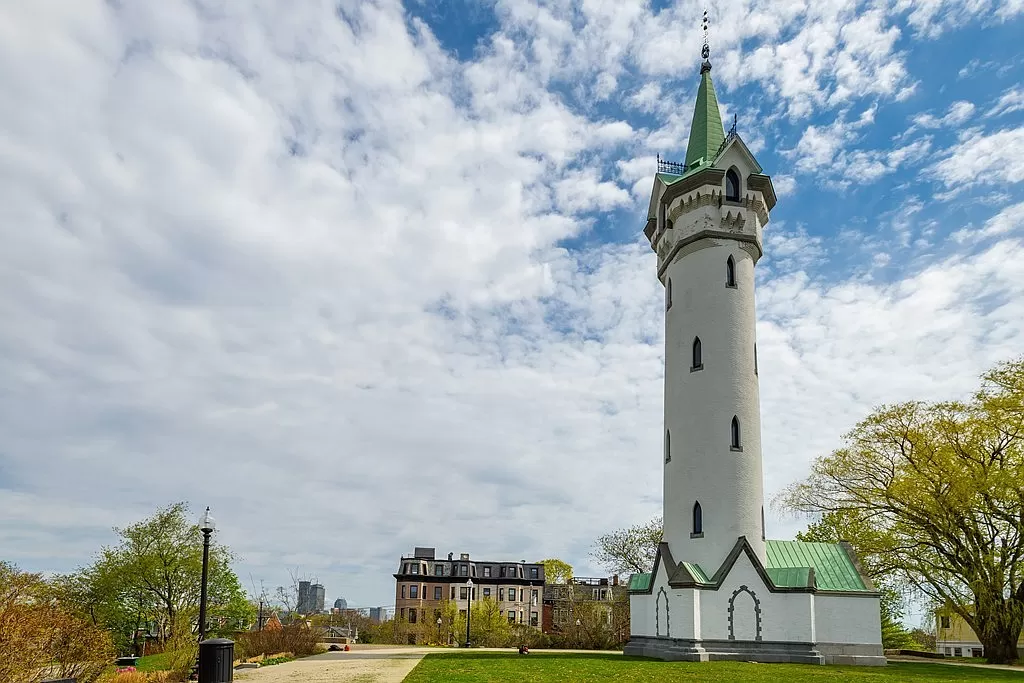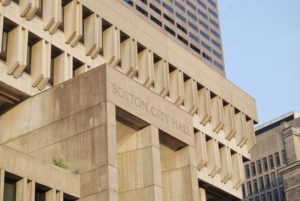
August 23, 2022 Wu Administration’s 2023 Budget creates new Office of Historic Preservation
Mayor Michelle Wu’s 2023 operating budget moved The Boston Landmarks Commission out from under management by the City’s Environment Department and into a newly created Office of Historic Preservation.
The re-structuring keeps the City’s chief historic preservation regulatory functions within the Environment, Energy and Open Space Cabinet under Chief Mariamma White Hammond, but it offers greater autonomy for the Boston Landmarks Commission and creates new opportunities for celebrating the city’s history. The new office’s budget of $1.25 million will support 15 positions including two additional people whose will staff a recently-adopted Commemoration Commission, an initiative that will ready Boston to celebrate both the 250th anniversary of American Independence in 2026, and the city’s 400th birthday in 2030.

The new department houses the Boston Landmarks Commission and the City’s Archaeology Program. The Landmarks Commission will continue its regulatory work of design review and designations for individual Landmarks and local historic districts. The Wu Administration’s budget noted that the new Office will “help communities have the tools to research, preserve, acknowledge, and celebrate their history, and also helps support the city advance its carbon neutrality goals.”
The Boston Landmarks Commission is the City’s preservation planning agency, engaging in historic preservation and cultural resource management since its establishment in 1975 by State law. The Commission’s staff oversees the work 10 local historic district commissions, from the eldest, the Beacon Hill Architectural Commission to the most recently designated Highland Park Architectural District in Roxbury. Each commission is made up of volunteers nominated by professional and neighborhood groups. All are appointed by the Mayor, some with City Council confirmation. There are more than 8,000 properties located in historic districts or designated as individual Boston Landmarks. That designation protects from changes that would affect a building’s historic and architectural character.
The Landmarks Commission also oversees Article 85 of the Boston Zoning Code which requires a 90-day Demolition Delay in order for the Commission to review historic buildings for historic and architectural significance that might prevent their removal.
The Historic Preservation budget is separate from the funding provided by Boston’s Community Preservation Act, which has been in effect for about five years. That funding, which supports historic preservation projects, affordable housing and open space improvement, comes from a one percent surcharge on residential and business property taxes.
We are pleased to see the new administration’s movement to offer more autonomy to historic preservation in its operating budget. We will look forward to seeing how this new direction creates more assertive opportunities for preserving and protecting the city’s historic resources and character. And we’ll keep you posted too.



